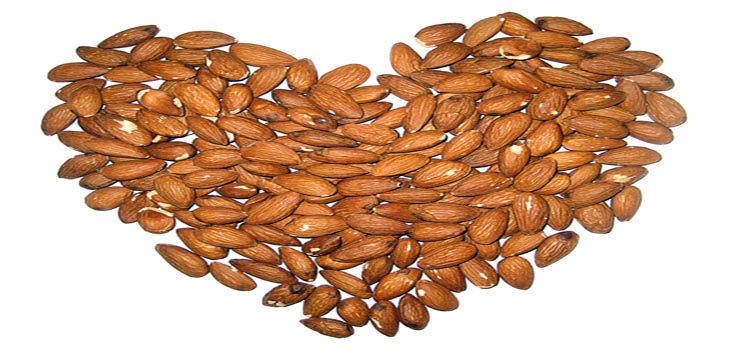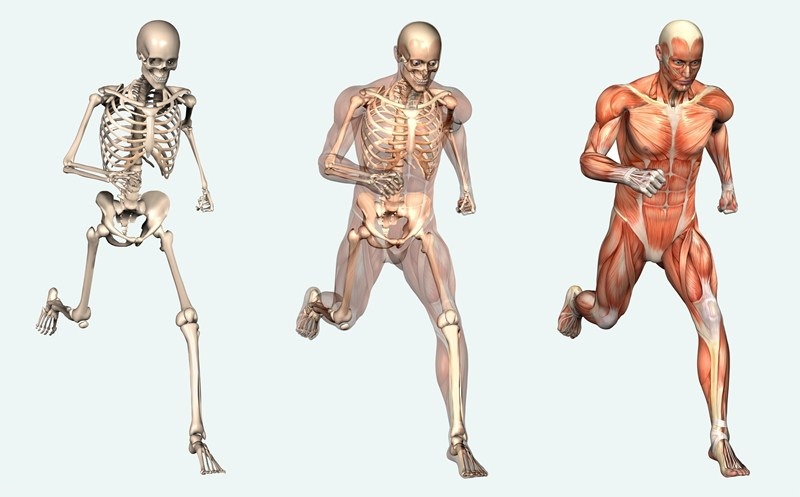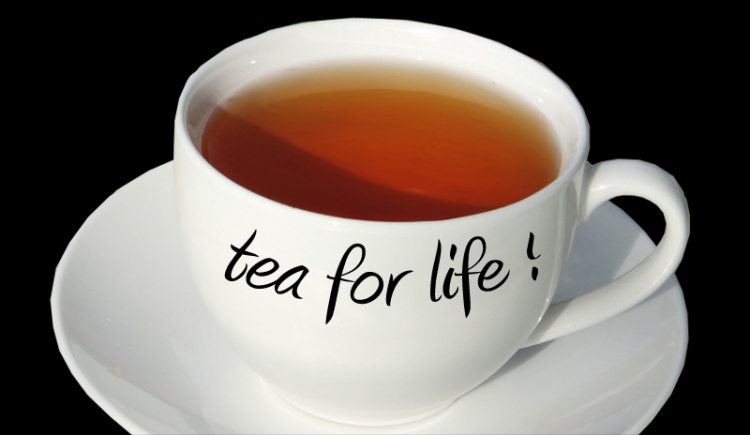The National Cancer Institute reviewed recent facts regarding cancer research and focused on some of the most common misconceptions.
Scientists Disproved 12 Delusions About Cancer!
Can deodorant really influence our health? Is it safe to live near an electrical power station? Today we’re going to get to the bottom of some common fallacies.
1. Do large amounts of sugar consumption promote cancer development?

No. But it’s proven that cancer cells consume more glucose than normal ones. There is no data that proves that sweets lead to cancer. And there is no data proving that refusing to consume sugar contributes to recovery.
2. Do artificial sweeteners cause oncological diseases?

No. Some research on saccharin safety showed the consumption of these products doesn’t cause cancer. All sweeteners are approved by the FDA.
3. Can stress lead to cancer?

The emotional mood of any sick person is unstable. Optimists stay active and keep in touch with the world and it helps them cope with their disease. There is no information that can prove a relation between one’s emotional state and the risk of cancer development.
4. Does electromagnetic radiation cause oncological diseases?

According to the latest research, the answer is, “No.” The walls of your house are enough to protect you from electromagnetic radiation.
5. Can cancer be inherited?

Only 5-10% of cancer diseases develop as a result of mutations that are passed to further generations. The other 90-95% of cancer diseases occur because of mutations that are related to aging or the influence of environmental factors.
6. Can deodorant and antiperspirant cause breast cancer?

No. Substances in deodorant and antiperspirant don’t affect changes in the breast tissue.
7. Can your diet influence cancer development?

Recent research showed that if you change your diet and start eating more vegetables and fruits, the probability of the development of malignant tumors declines by 80%.
8. Does hair dye cause cancer?

There is no data showing that hair dye increases the risk of cancer development. But some research demonstrates that hairdressers that work with hair dye a lot are more likely to get bladder cancer.
Related posts:
 13 Japanese Diet Tips To Make You Healthier And Beautiful Both Inside And Outside
13 Japanese Diet Tips To Make You Healthier And Beautiful Both Inside And Outside
 Grapes: The Go-To Fruit for A Healthy You
Grapes: The Go-To Fruit for A Healthy You
 Amazing Cakes (10 Photos)
Amazing Cakes (10 Photos)
 Risk Factors of Diabetes
Risk Factors of Diabetes
 Benefits of Eating Fish
Benefits of Eating Fish
 Why it is Important to Eat Fruits?
Why it is Important to Eat Fruits?
 Health Benefits of Almonds
Health Benefits of Almonds
 Top Reasons to Exercise in the Morning
Top Reasons to Exercise in the Morning
 16 Unusual Facts About the Human Body
16 Unusual Facts About the Human Body
 Types of Tea and Their Health Benefits
Types of Tea and Their Health Benefits
 How to Get Sparkling Eyes Naturally
How to Get Sparkling Eyes Naturally
 6 Signs You are Actually Maturing, Not Just Aging
6 Signs You are Actually Maturing, Not Just Aging


